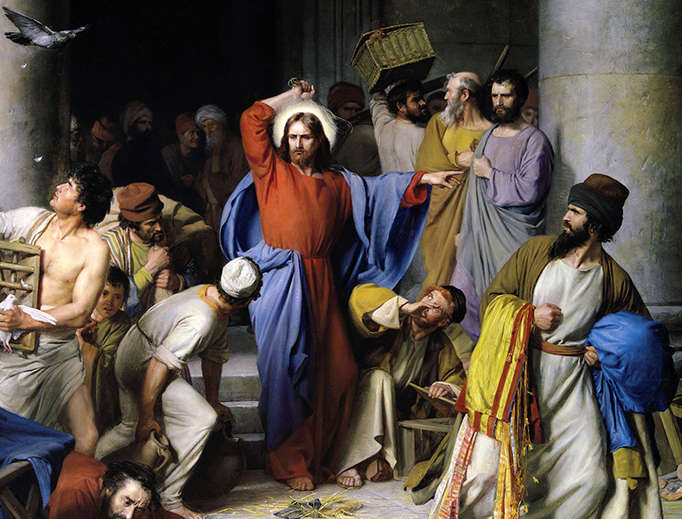
Deacon Dana McCarthy, a retired naval officer who works in the Diocese of Orlando, in one of his blogs, narrates the conversation he had with his Jewish friend. Both were lamenting the increase in secularist ideology and the growing rejection of Judeo-Christian values in the world. Feeling sad about the way people embrace the ‘culture of death’ ideologies, Deacon asked a rhetorical question to his friend, “How can so many people turn their back on life?”
Without showing many emotions, his Jewish friend responded: “Because for them, this is all there is. For them there is nothing more. For them life is an accident without purpose, and so they have no interest in anything but their own selfish needs. Sad isn’t it?”
Lent is a time to take a break from the routines of life and reflect on the meaning and purpose of life. True purpose of life can only come when we believe in God. In Ephesians, Saint Paul tells us that without hope we live in darkness. Only through Christ we come to know God, who is our life and purpose (Eph 2:12).
The Third Sunday of Lent invites all of us to pay attention to God’s ‘Ten Commandments’ (Decalogue). Just prior to giving the Decalogue to the People of Israel, God reminds them that He is “Yahweh” – their God, who brought them out of Israel. In a way, God is reminding them the terms of the covenant He made with Abraham – “[He is their] God, and they are His people.” Therefore, the ‘Ten commandments’ are not restrictive, but rather a means to enter into a personal relationship with their God.
Fernando Armelini, a prolific preacher, and commentator on scripture, says that the ‘Ten Commandments’ are not difficult, severe, absurd or incomprehensible laws imposed on people to test their faithfulness. “They can be compared, rather, to road signs that are not placed there to limit our freedom, but to teach and show us the right way”. The signs are there to help us have a safe but joyful ride. The Decalogue is meant to create an atmosphere conducive to our personal growth; it is to help us live our lives to the fullest (Jn 10:10).
Later in the scripture passage, Jesus gives a beautiful example of how to apply the Decalogue in our lives. Jesus really lived the spirit of the Decalogue. His love of God, His father, and loving sacrifice of His life on the cross for the sake of His neighbour (all of us), is – in a sense – a perfect way of living the Decalogue.
–Rev. Ranjan D’Sa OCD

